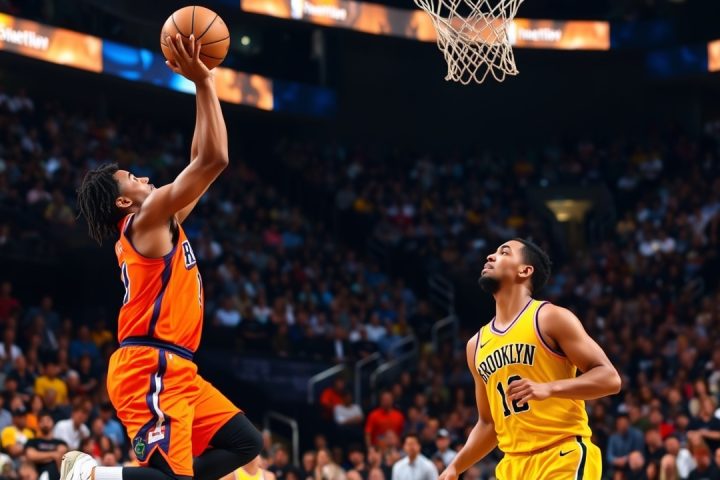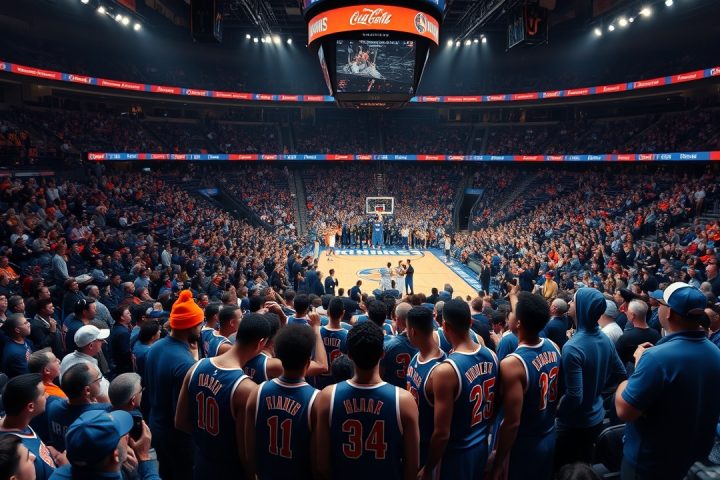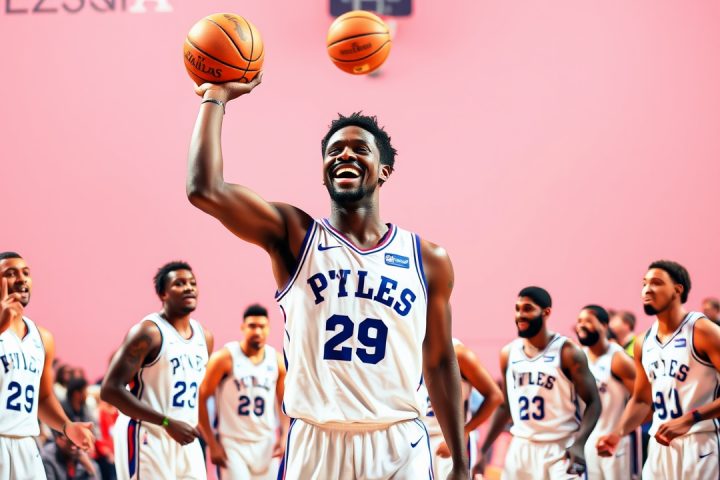Introduction to the Designated Player Rule
Since the implementation of the designated player (DP) rule in Major League Soccer 18 years ago—a strategic move initiated to attract superstar David Beckham to the LA Galaxy—the structure has fundamentally shaped the league’s roster dynamics. The DP rule has allowed teams to secure high-profile international talent who can significantly raise the league’s profile, foster the growth of promising young players for future transfers, and bring in key game-changing athletes capable of leading their teams to championship victories. The outcomes of such signings have varied dramatically; while some DPs have transformed franchises into championship contenders, others have turned into missteps.
Notable Designated Players
Clint Dempsey‘s legacy as one of the most distinguished players for the United States men’s national team is significantly tied to his impactful return to MLS with the Seattle Sounders in 2013, where he netted 57 goals. His performance was pivotal in elevating the Sounders to unparalleled heights, capturing a Supporters’ Shield, a U.S. Open Cup, and reaching multiple MLS Cup finals—anchored by a formidable partnership with Obafemi Martins.
Zlatan Ibrahimovic made an unforgettable entrance in LA, immediately leaving his mark by scoring a hat trick, including a stunning long-range volley, during his debut. Over two seasons, he amassed an impressive tally of 52 goals in 56 appearances, single-handedly carrying an underperforming Galaxy squad, but ultimately departed after proving too elite for the team’s struggles.
Although many consider Landon Donovan the greatest MLS player, he ranks eighth on this list due to the timing of his designated player status from 2010 to 2014. During those years, he amassed notable assists while contributing to the Galaxy’s three MLS Cup victories.
Joseph Martínez, on the other hand, rapidly ascended to stardom during his tenure with Atlanta United from 2017 to 2019, where he scored an astounding 88 goals and led his team to its first MLS Cup victory, showcasing one of the most prolific scoring runs in league history. His career faced a setback due to an unfortunate knee injury, but his early contribution was unmatched.
Thierry Henry’s narrative in MLS diverged from the norm; he embraced the challenge of elevating the New York Red Bulls, delivering 52 goals in 135 matches, breaking the historical trend of the club’s dismal reputation by helping them capture the Supporters’ Shield in 2013.
Diego Valeri‘s journey with the Portland Timbers began from humble beginnings, when he transferred from Lanús and quickly transformed into a fan favorite and league standout, leading in assists and achieving MVP accolades, thus solidifying his status in the Timbers’ identity.
Lionel Messi, though only with Inter Miami for a short time, made an extraordinary impact, scoring 40 goals and assisting 26 times in merely 46 matches, establishing himself as a transformative figure both on and off the field in MLS. Meanwhile, Carlos Vela set records in his first seasons with LAFC, scoring 14 goals as part of their debut and later marking 2019 with a record-breaking 34 goals.
Sebastian Giovinco, a former Juventus star, became an icon in Toronto, producing 68 goals and leading the league in scoring and assists at a time when his entry reshaped the expectations of designated players. Robbie Keane, Landon Donovan’s esteemed teammate, impressed during his Galaxy tenure, accumulating 83 goals while contributing to a historic run of MLS Cups.
Underperformers and Controversies
Conversely, the list of underperformers includes players like Denilson, who, despite high expectations upon joining FC Dallas, fell woefully short; his lackluster performance made him a notorious fail in league history. Other disappointments include Mista, who floundered at Toronto FC, and the Red Bulls’ failed signing of Rafa Márquez, whose spells were marred by injuries and unprofessionalism, leading to his earlier-than-expected exit.
Inter Miami’s controversial acquisition of Blaise Matuidi reflected poorly on the organization when it was revealed he was classified improperly on the roster—leading to severe penalties for the team.
Conclusion
Ultimately, this ranking highlights the highs and lows of the designated player experience within MLS, emphasizing both the possibilities it creates and the pitfalls that can arise from overzealous signings.




